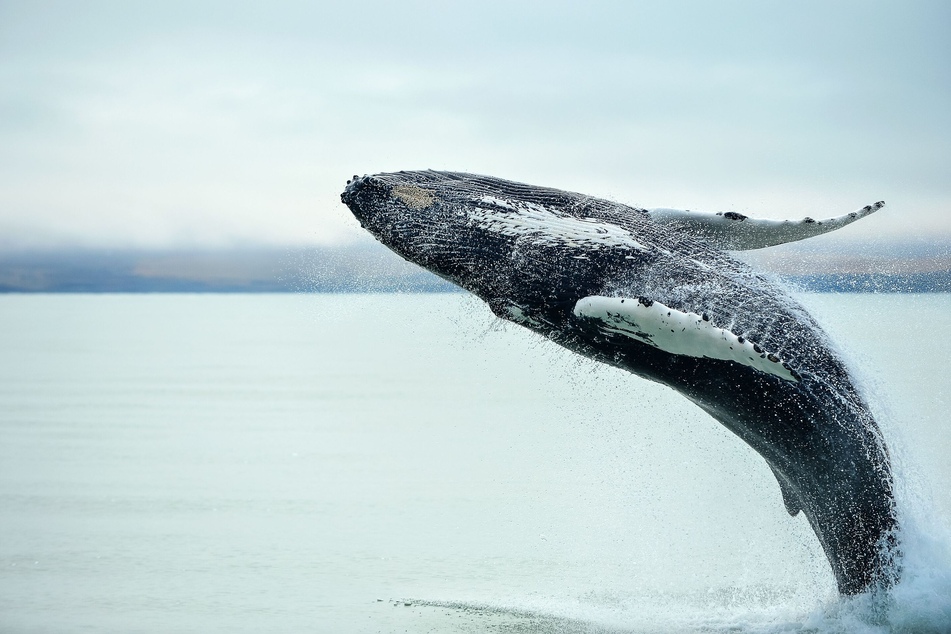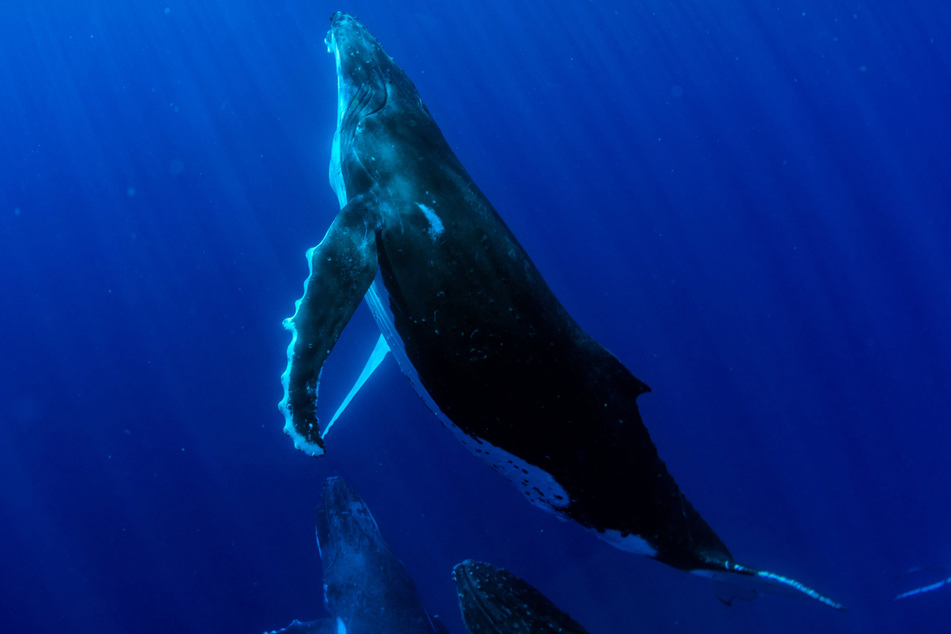Whales ingest millions of microplastics a day as shown in alarming study
Stanford, California - Blue whales, the largest animals on Earth, have been found to ingest about ten million microplastics a day in their food.

The new estimate was arrived at by researchers who studied microplastic data and the feeding behavior of blue, humpback, and other baleen whales off the coast of California.
The study by scientists from Stanford University and others appeared in the journal Nature Communications.
Whales filter their food from the water, which mostly consists of eating shrimp-like swimmers called krill.
Microplastics are tiny pieces of plastic particles and waste found in bodies of water.
The concentration of the tiny plastic particles, which can come from car tires, synthetic clothing, or packaging material, for example, is particularly high at a water depth of about 160 to 800 feet. This is the depth at which the baleen whales studied mainly went in search of food.
Researchers believe the ocean giants ingested almost all of the plastic particles indirectly via their contaminated prey, the krill or other small fish.
Whales study from Stanford shows millions of microplastics are ingested every day

The study, based on estimates and mathematical models, relied on observations of 191 tagged baleen whales from 2010 to 2019 in areas along the California coast, including Monterey Bay and Channel Islands.
Blue whales, which can grow more than 100 feet long and weigh nearly 200 tons, could ingest an estimated 10 million microplastics a day, according to the study, while the smaller humpback whales, which are about 50 feet long, could ingest up to 4 million particles.
The researchers point to possible risks and stresses put on the giant marine mammals due to their large amount of contaminated food.
Further studies on the health hazards of consuming the plastic particles are necessary, researchers concluded.
As the fight to clean up microplastics continues, it's clear that waste and pollution is hurting both the environment, and the mammals that inhabit our planet.
Cover photo: 123RF/izanbar

